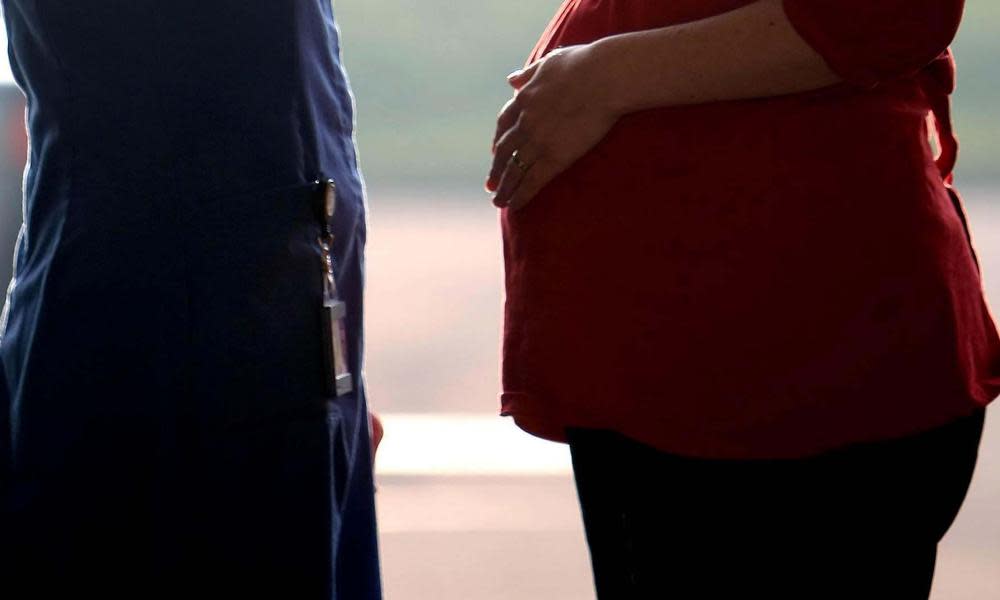Twin pregnancy deaths study highlights fears over NHS maternity care

A study of baby deaths in twin pregnancies has found care was poor in at least half of cases, a finding that underlined concerns about fatally inadequate levels of maternity care in the NHS.
The report, by Mothers and Babies: Reducing Risk through Audits and Confidential Enquiries (MBRACE), concluded that lives could have been saved if care had been better and guidelines followed.
An expert panel, including leading midwives and obstetricians, examined 50 twin pregnancies involving 80 baby deaths across the UK in 2017. Care was assessed as poor in about 40 of these deaths.
“If care had been better it may have prevented the baby from dying,” the report concluded.
The care for three in five of the mothers was also judged to have been poor.
Although the study focused on twins, many of its findings echo those of a damning interim report last month by Donna Ockenden into the maternity scandal at Shrewsbury and Telford hospitals. This latest report suggests the failings identified by Ockenden are widespread across the NHS.
Like the Ockenden report, the twins study identified poor risk assessments, widespread flouting of guidance on medication, a failure to properly review mistakes, and insensitivity to bereavement.
It said: “Many parents were not given any care to help them cope with the death of one or both of the their babies, and if they were it was poor quality. Bereavement care was particularly poor when one baby died and others survived.”
Only one in five of the deaths studied were reviewed by the hospitals involved – and these reviews were judged to be of poor quality.
The panel also highlighted problems during care in pregnancy, including a lack of oversight by specialists in twin pregnancies and under-prescribing of Aspirin despite a recommendation of its use in twin pregnancies to reduce the risk of pre-eclampsia. Also, most mothers did not have the recommended two-weekly scans if a single placenta had been diagnosed.
The report did find rates of stillbirth and neonatal mortality reduced from 2013 to 2017. But it concluded that the risk of a stillbirth with twins was almost double that of single births, while the risk of neonatal deaths among twins was almost three times as high.
Dr Surabhi Nanda, a consultant in maternal fetal medicine, who was on the expert panel, said: “This is a huge wake-up call for healthcare professionals who look after multiple birth pregnancies.
Keith Reed, the chief executive of the Twins Trust, said: “What’s shocking and saddening about this report is that many of these baby deaths were preventable. High-quality care was only found in a minority of deaths – less than one in five – where it was unlikely that anything else could have been done to save the baby.”
He said the report showed multiple birth guidance recommended by the National Institute of Health and Care Excellence was not being followed by enough hospitals.
“Forty per cent of the women were not looked after by a multidisciplinary team of doctors, midwives and sonographers who were experts in twin pregnancies. Sadly, only half of the women had a discussion with health professionals about the individual risks in their twin pregnancy.”


